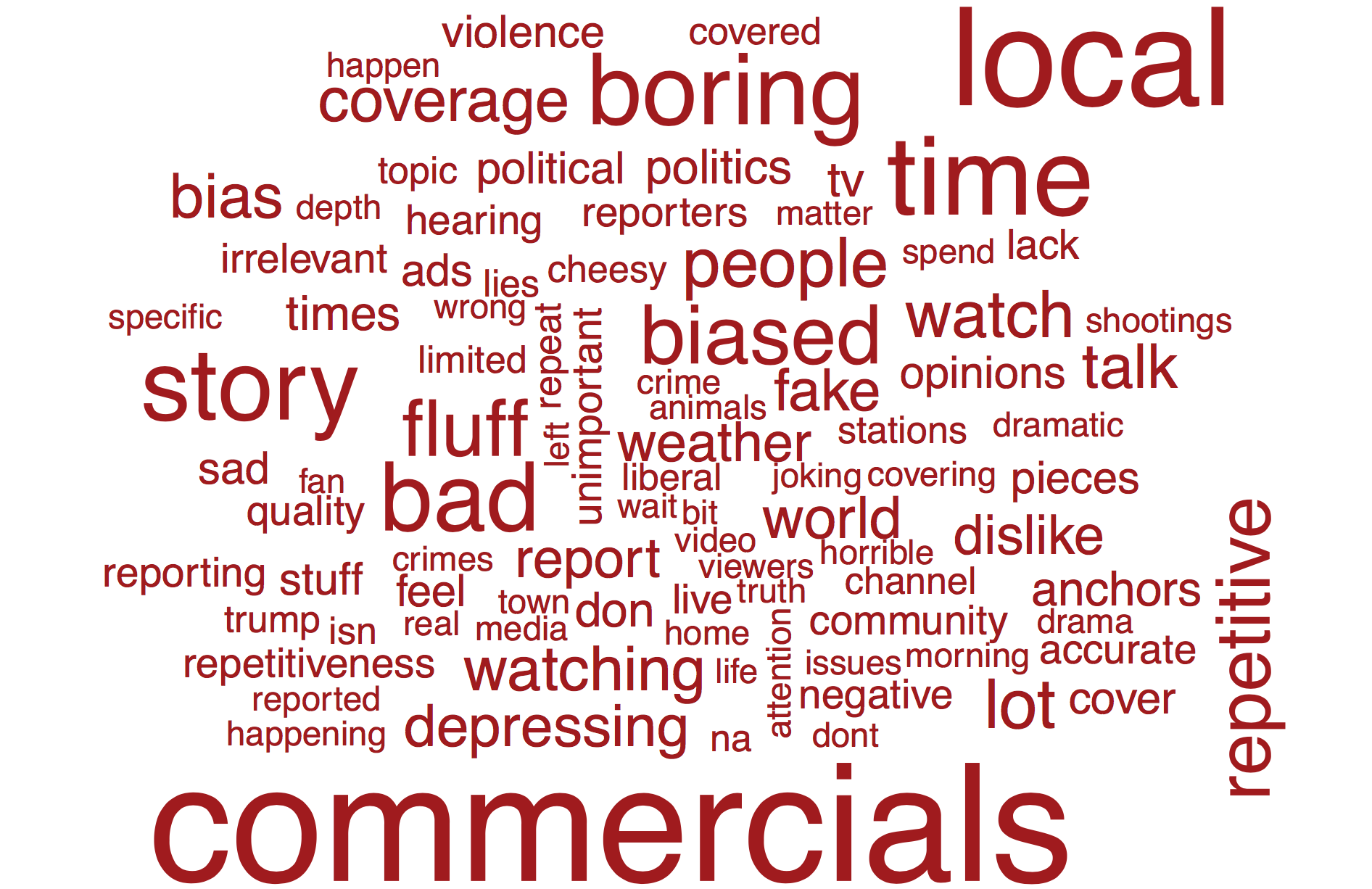What Does Local News Online Mean?
What Does Local News Online Mean?
Blog Article
Local News Online for Beginners
Table of ContentsIndicators on Local News Online You Need To KnowTop Guidelines Of Local News OnlineNot known Facts About Local News OnlineWhat Does Local News Online Do?Rumored Buzz on Local News Online8 Easy Facts About Local News Online Described
The number of times an article gets shared on matters for activists, politicians, writers, online-publishers and advertisers. They hence have a passion in understanding the number of shares, ideally also forecasting it before the article is being published. With new methods of such as it is feasible to gain insights into the core features of an article.The functions consist of variables defining words, links, electronic media, time, search phrases, insights from and the number of short article shares. With the dataset being publicly available, a fair amount of information analysis has been conducted.
30 November 2020. The conclusion is, that the ordinary search phrases within a write-up and the average appeal of said keyword phrases have the greatest influence on the quantity of shares an article obtains.

The 2-Minute Rule for Local News Online
Archived from the initial on Sep 28, 2007. Andersen, Kurt (15 February 2007). "You Must Be Streaming". NYMag. Archived from the initial on Nov 29, 2023. Silberman, Steve (17 March 1997). Wired. Archived from the initial on Apr 29, 2023. Shedden, David (2004-12-16). "New Media Timeline (1980 )". Poynter. Archived from the original on Feb 3, 2024.
BBC Information. Seat Research Center's Journalism Task. Reuters Institute Digital Information Record 2013.
This year's record can be found in the middle of a worldwide health pandemic that is unprecedented in modern times and whose economic, political, and social effects are still unraveling. The severity of this crisis has actually strengthened the requirement for trustworthy, precise journalism that can educate and inform populations, yet it has actually additionally advised us exactly how open we have actually become to conspiracy theories and false information.

Some Ideas on Local News Online You Need To Know
Journalism matters and remains in need again. One trouble for publishers is that this added rate of interest is producing even less revenue as advertisers brace for an inescapable economic downturn and print profits dips. Versus this history it is likely we'll see a more drive towards digital subscription and other visitor repayment versions which have actually revealed substantial guarantee in the last few years.
At the exact same time, making use of online and social media sites significantly increased in most countries. WhatsApp saw the biggest growth as a whole with rises of around ten percentage points in some countries, while even more than fifty percent of those checked (51%) utilized some sort of open or shut on the internet group to link, share details, or take component in a regional assistance network.
Media count on was more than two times the degree for socials media, video clip systems, or messaging services when it came to details regarding COVID-19. From our larger dataset collected in January: Global issues concerning misinformation continue to be high. Also before the coronavirus crisis hit, majority of our international sample said they were concerned regarding what holds true or incorrect on the net when it involves news.
The Best Guide To Local News Online
In our January poll across countries, less than 4 in ten (38%) claimed they rely on most information the majority of the time a fall of 4 percent points from 2019. Less than half (46%) stated they rely on the news they use themselves. Political polarisation linked to rising unpredictability appears to have actually weakened rely on public broadcasters in particular, which are losing support from political partisans from both the right and the left.
Partisan choices have somewhat enhanced in the USA given that we last asked this question in 2013 however even below a silent bulk appears to be seeking news that at the very least tries to be objective. As the news media adapt to transforming designs of political communication, lots of people (52%) would prefer them to plainly report incorrect declarations from political leaders instead of not emphasise them (29%).
We have actually seen considerable rises in repayment for on the internet information in Read More Here a variety of countries consisting of the United States 20% (+4) and Norway 42% (+8 ), with smaller rises in a series of other markets. It is very important to note that throughout all nations many people are still not paying for on the internet information, also if some publishers have actually considering that reported a 'coronavirus bump'.
The Definitive Guide for Local News Online
Clients believe they are obtaining far better info. Nonetheless, a lot of people are perfectly material with the news they can access free of charge and we observe a very high percentage of non-subscribers (40% in the USA and 50% in the UK) that say that absolutely nothing can encourage them my sources to pay.
Accessibility to news proceeds to come to be much more dispersed (Local News Online). Across all nations, simply over a quarter (28%) prefer to begin their news trips with a website or application. Those aged 1824 (supposed Generation Z) have an also weaker link with sites and applications and are more than twice as most likely to choose to accessibility information through social media sites
To counter the transfer his explanation to different systems, authors have been seeking to construct direct connections with customers via email and mobile notifies. In the United States one in five (21%) gain access to an information e-mail weekly, and for almost half of these it is their main way of accessing news. Northern European countries have actually been a lot slower to adopt email news networks, with just 10% making use of e-mail news in Finland.
Report this page